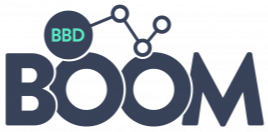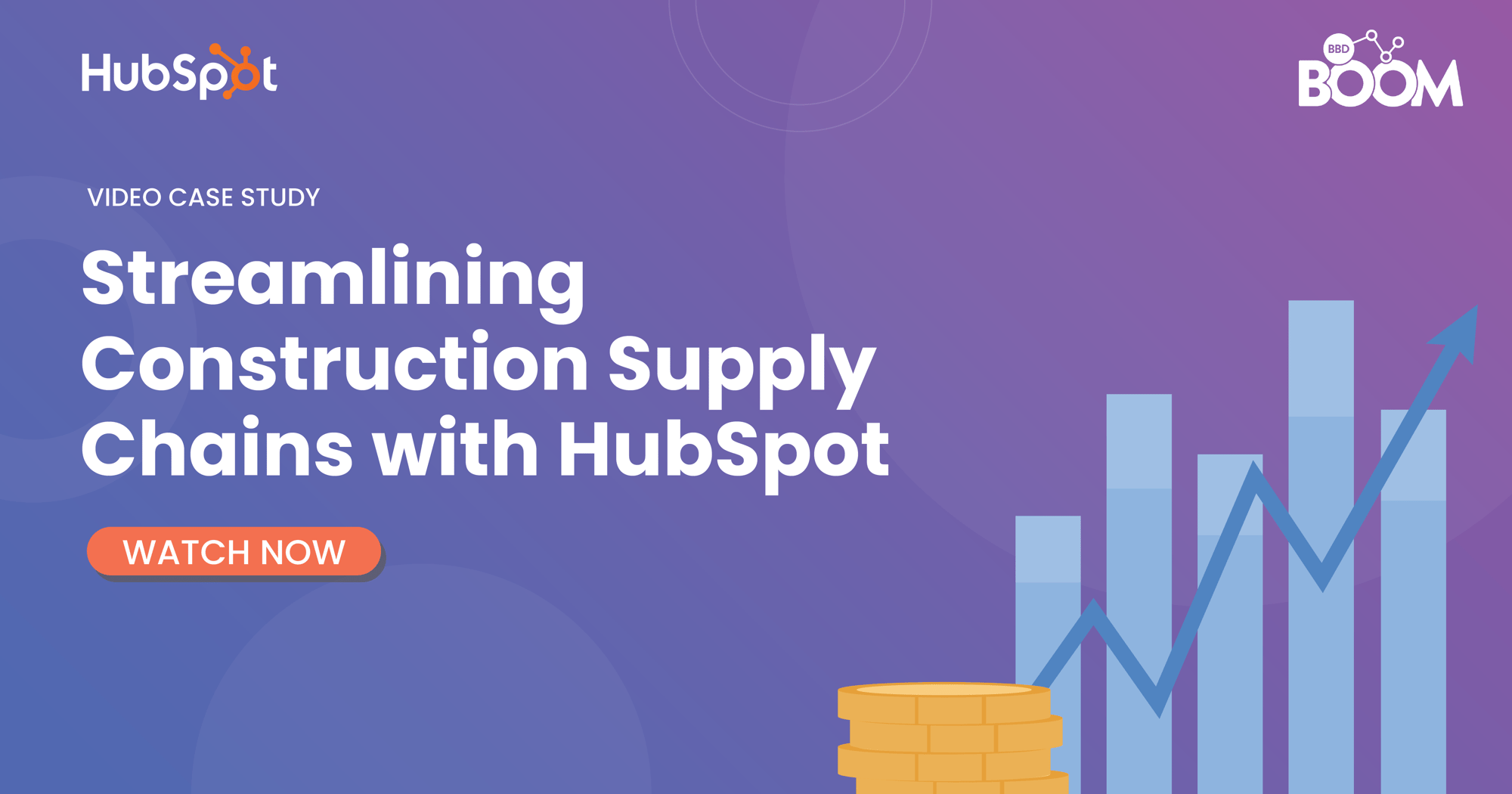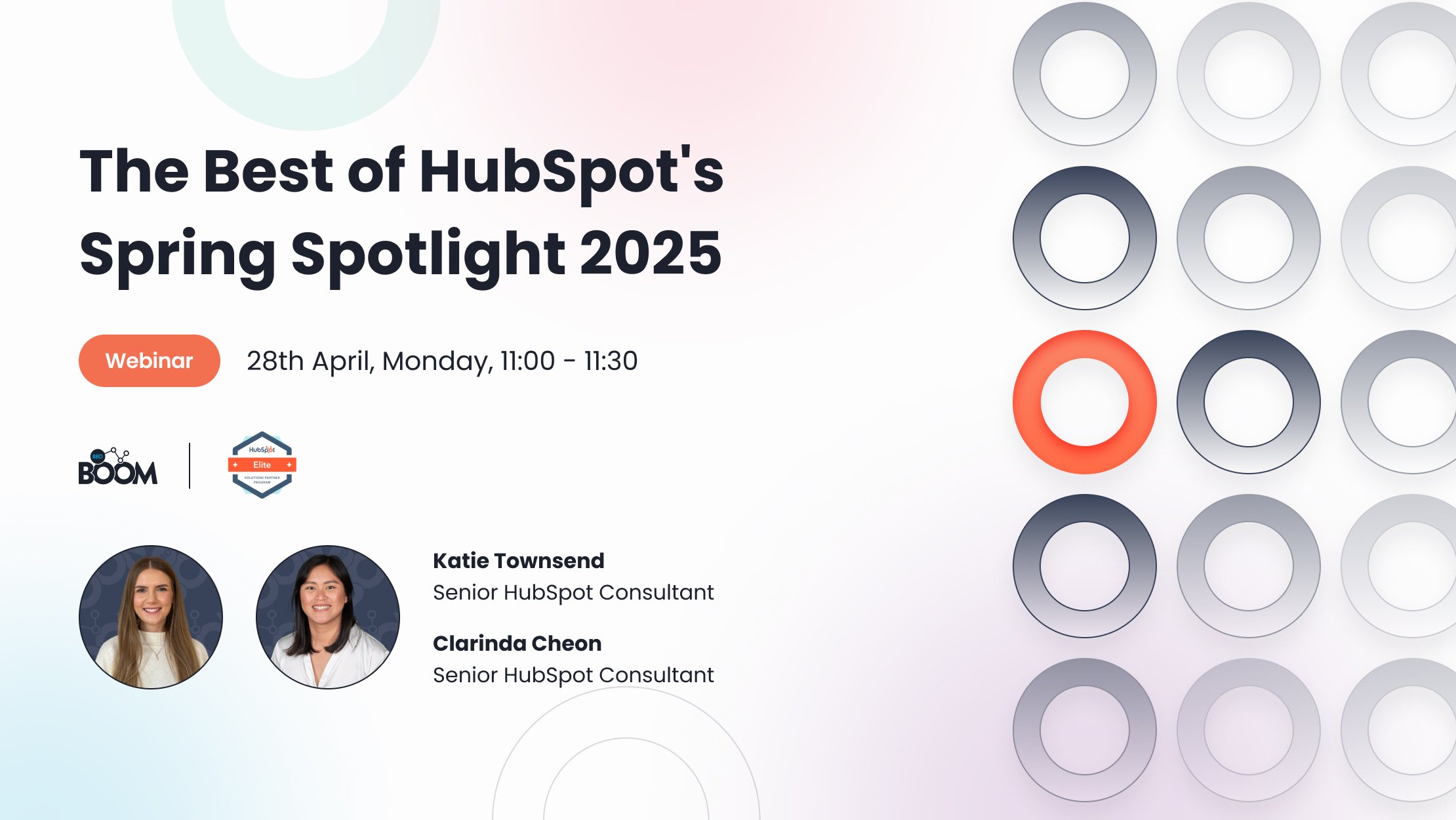SEO and PPC: two of the biggest buzzwords in modern marketing.
Your digital marketing strategy will fall short without using these strategies effectively.
What is the difference between SEO and PPC?
SEO is short for Search engine optimisation, whilst PPC stands for Pay per click. Lots of people seem to get confused between the two, but they are in fact, very different.
Whilst SEO is the overall strategy used to maximise the number of visitors you are getting to your website through search engines (i.e. Google), PPC is a type of internet marketing used to buy visits or ‘clicks’ to your site. The big difference between the two is that SEO is essentially free and produces organic visits, whilst PPC can end up being rather costly, as each time someone clicks on your advert, it will cost you money.
Used well, they are both very effective ways of driving traffic to your website, and in turn, increasing your lead generation.
How do they work?
SEO works through algorithms on Google, which basically means that the more regularly you update your website, the more information there is for your company online, and therefore the more likely your website will end up at the beginning of search results.
A good way to improve your SEO rankings would be to look at how people are ending up on your website through what they are searching, and then maximise these keywords to create a stronger profile. The more time you put in to your SEO strategy, the more successful you will be, but once you have a solid strategy in place, you can climb the rankings. Once you’re there, it will be easier to maintain that position.
PPC, on the other hand, works through bidding on key terms. Through Google AdWords, you create adverts based on key search terms. For example, if you had a lead generation business, you might bid on the term ‘lead generation’, so that your advert appears at the top of the search results (above the organic SEO results). However, bidding on popular terms can become very costly, and each time someone clicks on that advert, it will cost you money – and they may not even convert to become a customer, or may have been looking for something different.
The key is to make sure you are monitoring your SEO search terms, in order to maximise your PPC clicks and conversions.
What can they do for your business?
Using both SEO and PPC will create an online presence that is hard to ignore. Managed effectively, they can work hand-in-hand to maximise your website traffic, increase word of mouth and in turn, create more customers for your business.
How to maximise them
There are various ways that you can maximise both SEO and PPC for your own digital marketing strategy.
Starting with SEO, ensure that you are producing relevant content regularly for your website. That way, you are creating more paths to your website via Google and increasing your online presence. Make sure you include key words within these blog posts that are relevant to your business and you will increase your chances of being found organically.
Added to this, producing regular content allows you to share it all on your social media channels and therefore maximise these channels too! Social media is great as it can massively increase your rankings on Google, and improves the ‘legitimacy’ of your business online.
To maximise your PPC, first of all you need to have a budget in place. Without a budget, it can be easy to lose track of what you are spending and where you are spending.
Gather all of the search terms that people use to get to your website, and look at all the keywords relevant to your industry. Then, look at how much each term is to bid on. Set budgets for each advert, and ensure you are measuring the clicks and conversions of each advert to see what works well and what doesn’t. Measuring the ROI of adverts is key to see whether it is worth using.
Analyse when key times and positions to place your adverts are. For example, if you were a company selling lunches to businesses, then it’s most likely that your key time of day to advertise would be mid-late morning. It is vital to consider the smaller details in order to maximise the effectiveness and ROI of your campaigns.
Do an audit of all of your strategies to ensure you have complete end-to-end organisation, and the results will pay off.
If you’d like any more advice on how you can manage and maximise your PPC and SEO strategies, then get in contact at grow@bbdboom.com. We’ll be able to give you some tips on how to become more efficient and produce higher ROIs!
To learn more about inbound marketing click here.

.png)



.jpeg?width=50&name=1573666887630%20(1).jpeg)

.jpeg?width=90&name=1573666887630%20(1).jpeg)


